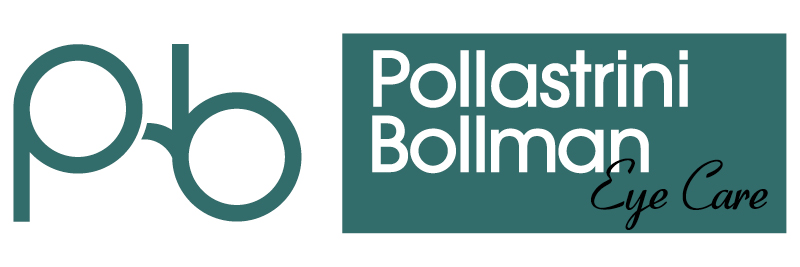
Our bodies naturally change as we go through life, and our vision is no exception. Whether it's difficulty reading the fine print, trouble seeing at night, or noticing a general decline in sharpness, vision changes are expected. However, these changes can significantly impact your quality of life if not addressed. This blog will explore the different types of vision changes, how they affect daily activities, and why seeking professional care is essential to maintaining visual health and overall well-being.
Common Vision Changes as We Age
Vision changes can begin as early as your 40s, with the most common being presbyopia—difficulty focusing on close objects. You might notice that you need to hold reading materials farther away or that your phone screen looks blurry. Another common issue is reduced night vision, making driving after dark more challenging. Cataracts, or the clouding of the eye's lens, can also develop with age, leading to blurred or dimmed vision.
While these changes are often associated with aging, they can occur at any stage of life due to several factors such as genetics, lifestyle choices, and underlying health conditions. Recognizing these changes early on is crucial to preventing them from worsening and affecting your daily life.
The Impact on Daily Life
Vision changes can disrupt your everyday activities in many ways. Reading becomes more difficult, leading to frustration and reduced enjoyment of books, newspapers, or even digital content. Difficulty driving, especially at night, can limit your independence and freedom. Even simple tasks like cooking or using a computer can become challenging, affecting your productivity and overall quality of life.
Moreover, poor vision can lead to accidents or injuries, especially for older adults. Trips and falls are more likely when vision is impaired, posing a significant risk to safety. Additionally, untreated vision problems can contribute to social isolation, as individuals might avoid activities, they once enjoyed due to difficulty seeing or fear of embarrassment.
The Importance of Regular Eye Exams
Regular eye exams are one of the most effective ways to maintain your vision and quality of life. By visiting an optometrist at Pollastrini & Bollman, you can detect vision changes early and receive the appropriate treatment. This might include prescription glasses, contact lenses, or surgical options like cataract removal.
In addition to correcting vision, your optometrist can identify early signs of serious eye conditions such as glaucoma or macular degeneration, which, if left untreated, can lead to permanent vision loss. Regular eye exams are essential if you have underlying health conditions like diabetes, which can affect your vision over time.
How We Can Help
At Pollastrini & Bollman, our team is dedicated to helping you maintain clear, healthy vision throughout your life. We offer comprehensive eye exams, personalized treatment plans, and the latest in corrective lenses and eyewear. Whether you are experiencing vision changes or simply want to stay on top of your eye health, we are here to support you.
Don't let vision changes diminish your quality of life. Request an appointment with Pollastrini & Bollman and take the first step toward preserving your vision and well-being.
